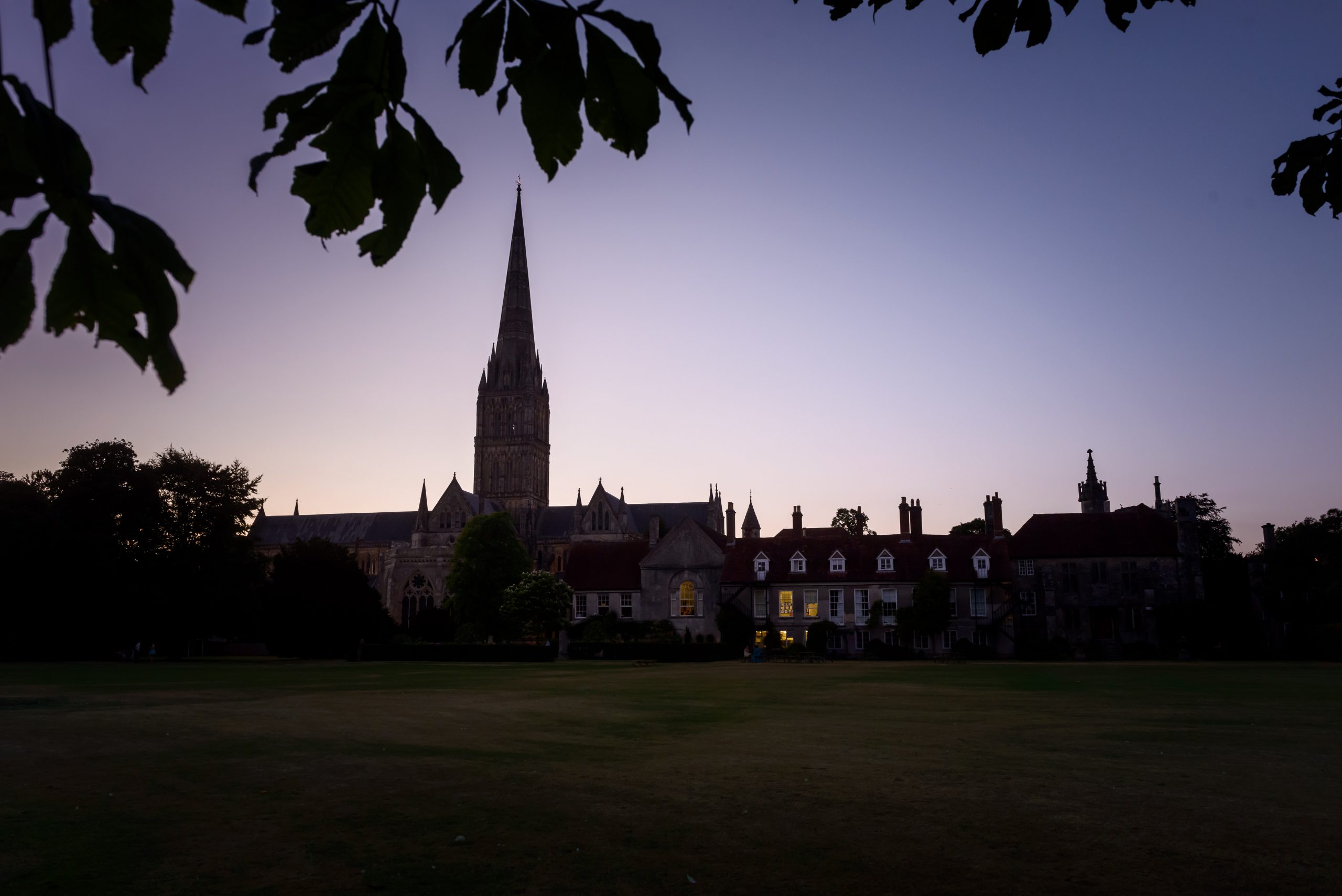Knowing and Seeing

A sermon preached by Canon Edward Probert, Chancellor.
Sunday 15 January 2023, The Second Sunday of Epiphany.
Isaiah 49.1-7; John 1.29-42
The lay vicars of our choir presided over a quiz on Friday night. I just hope they can live with their consciences – not least after setting questions which included several clusters of 4 letters. My table managed to get WSSA (Winter, spring, summer, autumn), but failed to get EAFW (earth, air, fire, water), and I’ve a nagging concern that we failed to get MMLJ (Matthew, Mark, Luke, John). For people in my line of work, that’s a touch embarrassing.
While my table and I may not have spotted the meaning of those initials, those four names are very familiar. But in fact there’s very scant basis to any of the names (Matthew, Mark, Luke, John) as the writers of those documents: we could equally well be calling them ABCD, or 1,2,3,4. Which, to be honest, would make this sermon a touch simpler, because then I would repeatedly be saying ‘D’ or ‘Four’, and not ‘John’, which can be a touch confusing when one is also repeatedly referring to a quite different heroic individual called John.
Those four various gospel accounts of the life and meaning of Jesus all tell us that, before Jesus said or did anything which drew attention, there was John the Baptist; and they all say that the adult Jesus went to John, and so that the public activity of Jesus grew out of the movement stirred up by John. But as to the detail of the relationship between John and Jesus, the writers differ from one another a lot. For example, Luke goes to great lengths to tell us that Jesus and John were close relations through their mothers; but we have just heard the writer John telling us that ‘I myself did not know him’ before he saw the Spirit descend on Jesus.
What this gospel writer wants us to do is to focus on Jesus, not on John the Baptist: whatever the relationship between the two may have been, the only important thing about the Baptist was that he pointed to Jesus. We’re still in chapter one, albeit in the second half, but already right at the beginning of the chapter, the purpose of John the Baptist is made clear. Verse 8 – ‘He himself was not the light, but he came to testify to the light.’ John the gospel writer does not believe in creating dramatic suspense; he gives it all away right up front. So, where the other gospels wait until the arrest of John has taken him off the scene, before Jesus starts gathering a group of disciples, in John’s gospel that process begins right under the Baptist’s nose and with his blessing. In verse 29 the Baptist describes Jesus as ‘the lamb of God who takes away the sin of the world’; and in verse 34 as ‘the son of God’. No wonder that a couple of those around him went off to see a bit more of this Jesus.
And what we are then given by this writer is entirely typical of him, or her: the people who surround Jesus and get into conversation with him, are mundane, pedestrian, or obtuse. Having been told that they are in the presence of the Son of God, all they can find to say is ‘Where are you staying?’ But, even with their very limited insight, they are capable of response, and so Andrew goes off to bring in his brother Simon.
If you read through this gospel, you will find numerous conversations in which those talking to Jesus are operating on a very different, and much duller, plane. It’s like this with the
woman at the well in chapter 4; and also right through to the encounter with Pontius Pilate in chapter 18. But the Baptist, who fades from the scene in this gospel after chapter 1, is unique in his insight: the lamb of God who takes away the sin of the world; the son of God.
You and I – we’re at the obtuse, pedestrian end of this spectrum. We are unlikely to do any better than the disciples. But in the dumb, dog-like way in which Andrew and his friend went to and followed Jesus, there is an example for us all. We don’t need the greatest insight; we just need to grasp, or at least glimpse, the fact that in Jesus we are encountering life itself, right here in the midst of all the mundanity of our lives. ‘We have found the Messiah.’




